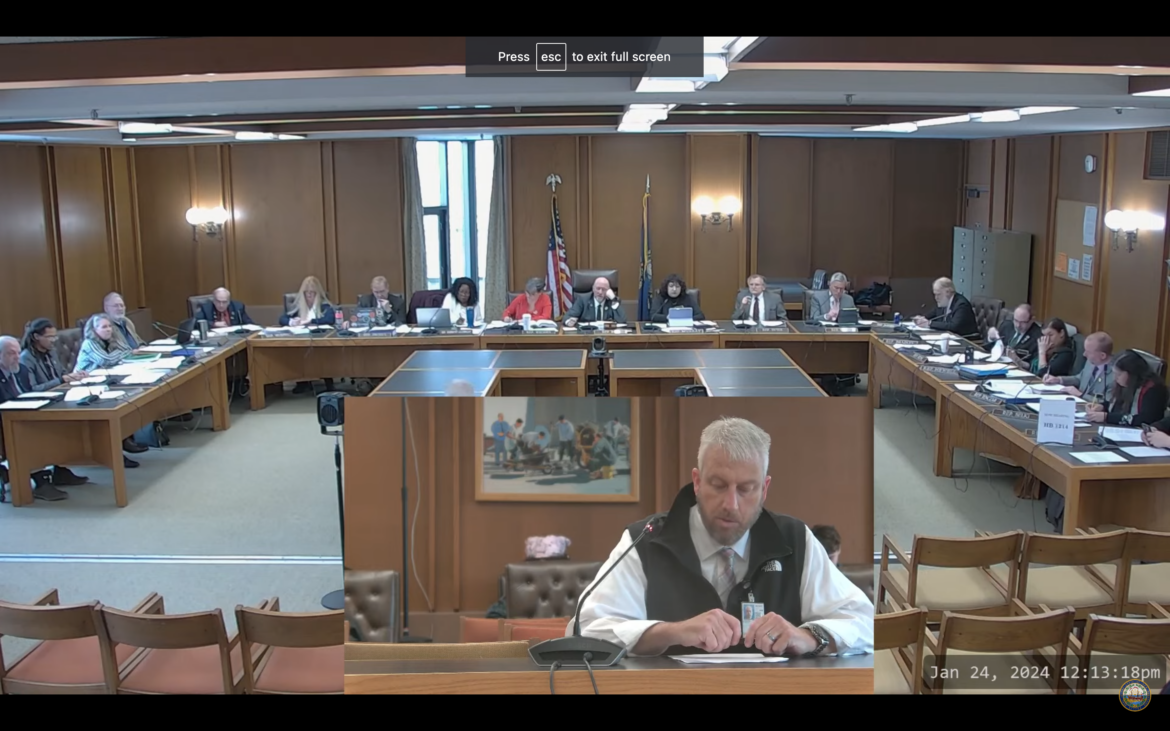By GARRY RAYNO, InDepthNH.org
CONCORD — Some lawmakers want to expand the law prohibiting enticing and manipulating minors into engaging in sexual activity.
Current law makes it illegal to use an electronic device like a computer to entice minors into sexual acts, and House Bill 1344 would make it illegal to do that in person as well, according to sponsors.
The bill would also cover sexual materials.
Portsmouth Police Lt. Eric Kinsman, who is the Commander of the NH Internet Crimes Against Children Task Force, said the bill would help protect children.
Sexploitation photos are sent to minors who are told if they do not comply it will go public, which puts them in embarrassing situations and brings up mental health issues and some have committed suicide because of it.
The change will give investigators another tool to help with crimes against minors, he said.
Kinsman said the perpetrators of these crimes have gotten very good at their trade.
“They have expanded their ability to commit these crimes outside of using computers,” he said, which “handcuffs us from charging them.”
The bill would give law enforcement the ability to charge them in the future, he said.
Not everyone supports the bill, as some were concerned that two minors engaging in consensual sexual relations or photo swapping might also fall under the changes.
Michelle Wangerin, director of the Youth Law Project at New Hampshire Legal Assistance, said the bill might harm those it seeks to protect.
“While HB 1344 is surely well intended and appears to be designed to protect youth from adult predators, the use of ‘any person’ throughout the bill may result in the prosecution of the very youth the bill seeks to protect,” she wrote to the committee. “For instance, it could result in the state bringing delinquency petitions against two teenagers who mutually solicit sexually explicit photographs of each other. Or a teenager in a committed relationship pursuing sexual activity with their same age partner.”
She suggested the committee change the bill from “any person” to “adult.”
The committee did not make an immediate recommendation on the bill.
Garry Rayno may be reached at garry.rayno@yahoo.com






